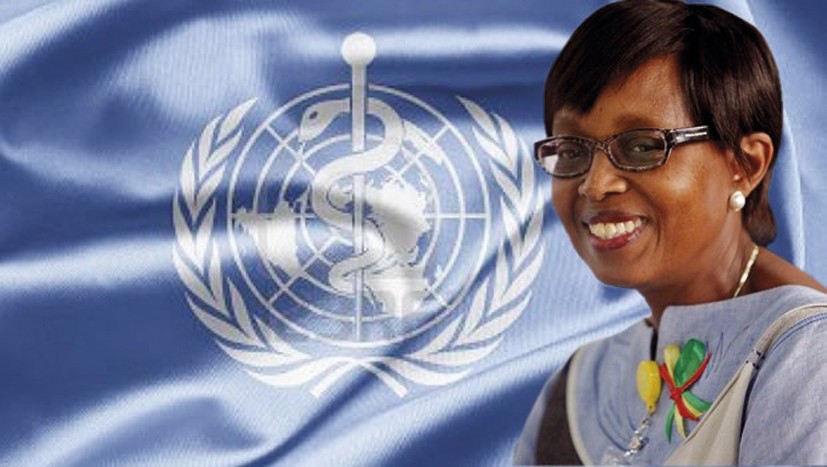The World Health Organization (WHO) has made a significant recommendation for a new malaria vaccine, R21/Matrix-M, aimed at combatting malaria among children throughout Africa.
In an official statement on its website, the WHO disclosed that this recommendation follows the guidance of its Strategic Advisory Group of Experts on Immunization (SAGE) and the Malaria Policy Advisory Group (MPAG), along with the endorsement of WHO Director-General, Dr. Tedros Adhanom.
The statement reads, “The World Health Organization (WHO) has recommended a new vaccine, R21/Matrix-M, for the prevention of malaria in children.”
“This recommendation follows advice from the WHO: Strategic Advisory Group of Experts on Immunization (SAGE) and the Malaria Policy Advisory Group (MPAG) and was endorsed by the WHO Director-General following its regular biannual meeting held on 25-29 September.”
This new vaccine, R21/Matrix-M, is the second malaria vaccine introduced after the rollout of RTS, S in 2021. The statement emphasizes the safety and effectiveness of both vaccines in preventing malaria-related deaths.
The vaccine is affordable, with a cost ranging from $2 to $4 per dose, and approximately 28 African countries have already incorporated it into their national immunization strategies.
The Gavi Alliance for Vaccines will provide technical and financial support for the vaccine’s deployment in around 18 African countries starting from early to mid-2024.
Statements from WHO Officials Dr. Tedros Adhanom Ghebreyesus, the Director-General of the World Health Organization, expressed his excitement, saying, “As a malaria researcher, I used to dream of the day we would have a safe and effective vaccine against malaria. Now we have two.”
He further emphasized the significance of the second vaccine in protecting more children and bringing the world closer to a malaria-free future, especially since the demand for the RTS, S vaccine surpasses the supply.
Dr. Matshidiso Moeti, WHO Regional Director for Africa, highlighted the potential impact of deploying both vaccines in curbing the spread of malaria and saving numerous lives across the continent. She said, “This second vaccine holds real potential to close the huge demand-and-supply gap.”
Malaria in Africa Malaria has long been associated with Africa, and the prevalence data supports this claim. The continent is home to 95% of global malaria cases and accounts for 96% of malaria-related deaths worldwide.
In 2021, malaria caused 619,000 deaths, with about 247 million reported cases. Tragically, around 80% of these deaths were among children under the age of five.
Nigeria, in particular, grapples with a significant malaria burden, with approximately 68 million reported cases and 194,000 deaths in 2021. Nigeria contributes to 27% of malaria cases worldwide.
Beyond the loss of lives, malaria’s economic impact is substantial, costing the continent an estimated $12 billion in GDP and hindering economic growth by 1.3%.




